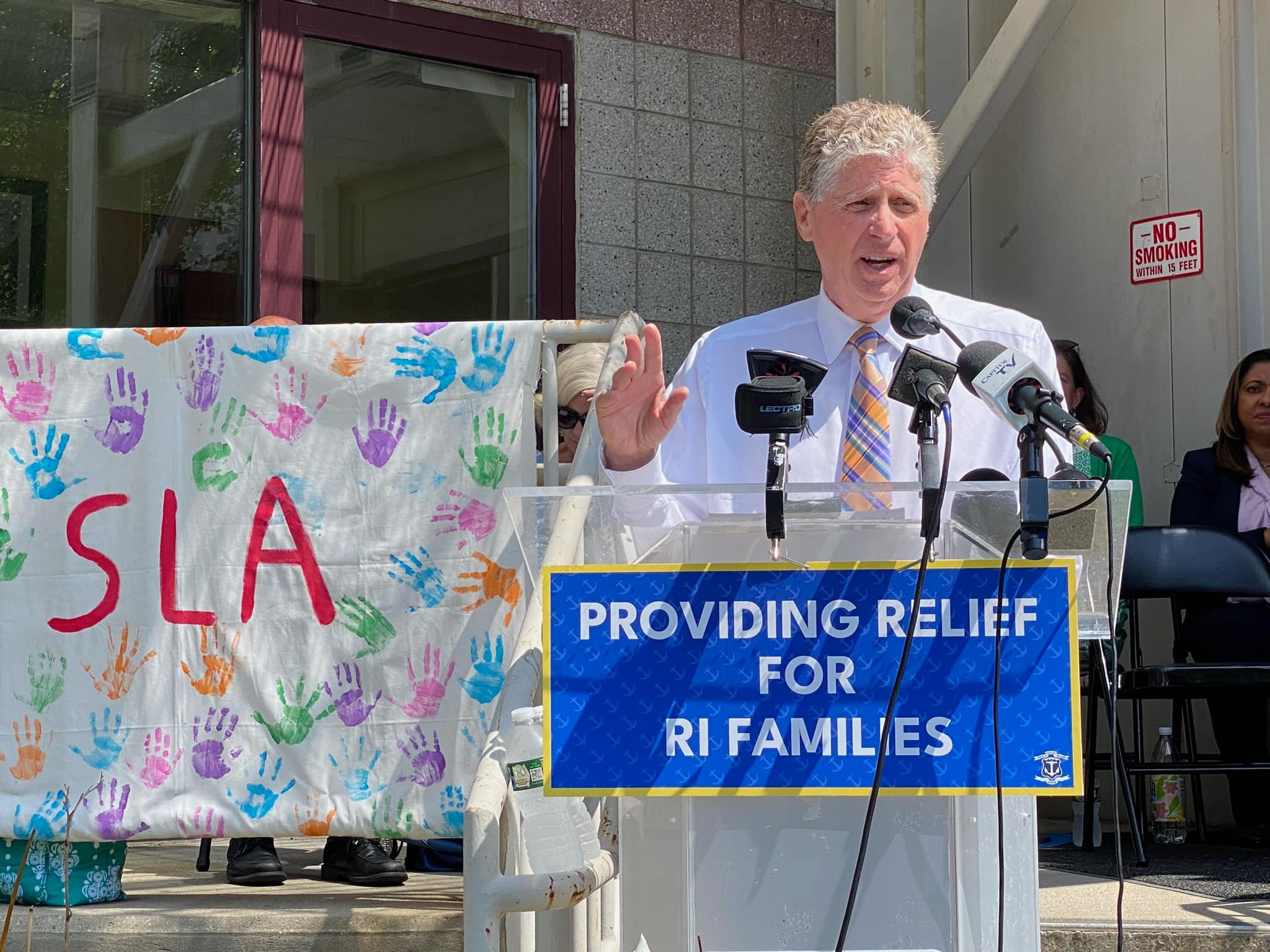What you need to know about RI’s Child Tax Rebate as Gov. McKee holds Newport kick-off
Zane Wolfang
Newport Daily News
NEWPORT – Gov. Dan McKee announced Tuesday in Newport the details of the new Rhode Island Child Tax Rebate, a state tax rebate of $250 per child for a maximum of three children. He and several other politicians and community leaders offered remarks to the press and members of the surrounding community at the Florence Gray Center, the home to numerous community and nonprofit organizations located close to the Park Holm and Newport Heights neighborhoods in Newport’s North End.
McKee was joined for the announcement by state Sen. Louis DiPalma, state Rep. Lauren Carson, Mayor Jeanne-Marie Napolitano, state Tax Administrator Neena S. Savage, R.I. Department of Human Services acting Director Yvette Mendez, and Kathleen Burke, the executive director of Newport Partnership for Families.
Gov. Dan McKee talks with Marisa Portillo from Conexión Latina Newport during a stop at the Florence Gray Center in Newport.
“Our Administration is committed to delivering targeted tax relief to Rhode Islanders as we continue to build on our state’s economic momentum,” said McKee. “Supporting parents and their children with Rhode Island’s new Child Tax Rebate is a sensible and critical way to keep our economy growing.”
DiPalma, whose constituency in District 12 includes some residents of Newport, Middletown, Little Compton and Tiverton, acknowledged this rebate was smaller than the expanded federal Child Tax Credit offered by the American Rescue Plan Act, but also said, “Far too many Rhode Island families are living paycheck to paycheck – and for these families, every single dollar counts. This assistance will make a real difference in people’s lives.”
How the child tax rebate program works
The rebate program, which was included in the FY23 state budget signed into law in June, will deliver child tax rebates of $250 per child, up to three children, for individual Rhode Island residents making up to $100,000 and joint filers making up to $200,000. The program is expected to support nearly 115,000 families across the state.
No application is required and provided an individual’s tax payments are up to date and the address the state has on record is accurate, no action is needed for eligible Rhode Islanders to receive their rebate checks. Checks will be automatically issued to all eligible tax filers beginning in October 2022. Any Rhode Island resident who claimed at least one dependent child under the age of 18 as of Dec. 31, 2021, on their 2021 federal/state personal income tax return, within certain income thresholds, may be eligible.
Savage indicated the state’s Division of Taxation was understaffed, hinting at a lack of personnel to personally guide people through issues such as ensuring they have the correct address on file, but strongly encouraged people to visit the state’s purpose-designed website (https://tax.ri.gov/ChildTaxRebate2022) for updates and details. She indicated that a tool would soon be available on the site to let people track their rebate, which will be delivered as a physical check to the taxpayer’s most recently updated mailing address.
Newport families and organizations are grateful for the support
“Since its inception in 1990, Newport Partnership for Families has been rooted in connecting with non-profit members to collectively address issues impacting children and parents,” said Burke. “We are grateful for the Child Tax rebate, funds which will allow families to either offer that little extra for their child or to play catch up on bills – every dollar counts.”
Marisa Portillo, a local parent of four who works as a family navigator at Conexión Latina Newport, delivered prepared remarks first in Spanish and then in English. When she got a little nervous, the crowd raised up in applause, clearly supportive of hearing a voice from the local community speak alongside the governor.
She expressed her support for the tax rebate, explaining when her husband lost his job as a contractor at the beginning of the COVID-19 pandemic, the family would have fallen behind on bills had they not received federal assistance, and relying on food pantries was not an option for them because two of her children suffer from severe food allergies.
“We’ll finally be able to catch up on our debts and pay for food, medicine, and house supplies with this extra $750,” Portillo said.
North End advocate Pauline Perkins-Moye encouraged the state dignitaries in attendance to knock on doors, visit community centers, and otherwise directly engage the city’s residents to make them aware of the program and ensure that all eligible recipients received the full benefit of the rebate.
“I really believe you have to be in the community and walk the streets – nothing beats failure but a try,” Perkins-Moye said.
She also acknowledged the benefit of the program, countering the notion that $250 per child was not very significant in today’s inflated economy by telling The Daily News, “When you don’t have potatoes, you make do with the peels.”
She pointed out that while $250 may not be very much money in the grand scheme of things, it was unlikely anybody eligible for the rebate would be turning it down.


